Ukhiya, July 23 (V7N) - Daily life along the Ukhiya-Teknaf highway in Cox’s Bazar has become increasingly unbearable due to relentless traffic congestion, largely fueled by administrative mismanagement and unchecked urban sprawl. Thousands of commuters endure this persistent gridlock each morning and evening, forcing them to normalize delays that severely disrupt their livelihoods and daily routines.
The congestion is particularly severe at several critical junctions along the highway—Mora Gachtola, Balukhali, Kutupalong, the administrative hub of Ukhiya, and the commercial station of Court Bazar. Each of these points witnesses extreme traffic pressure during peak hours, with long tailbacks consuming valuable working hours.
According to local civic groups, the key reasons behind this traffic crisis include unauthorized and unplanned market establishments, ineffective management around refugee camps, the unchecked movement of Rohingya refugees beyond camp boundaries, a growing local population, and an overwhelming number of vehicles on a poorly maintained highway. The daily scenes of disorder reflect a deeper structural failure.
The Kutupalong area, for instance, has turned into a traffic hotspot. Markets have sprung up haphazardly on both sides of the main road, narrowing the carriageway and leaving little room for smooth vehicular movement. The shortage of traffic personnel exacerbates the problem, making it increasingly difficult to restore order on the road.
A critical contributor to the congestion is the unrestricted mobility of Rohingya refugees. Despite the presence of barbed wire fencing, gaps and damaged sections allow camp residents to move freely onto public roads. This frequent and often unnecessary movement places additional strain on already choked roads.
To manage this, security agencies have established regular checkpoints at key points including Mora Gachtola, Balukhali, and the Customs area. Joint forces—comprising the Army and the Armed Police Battalion (APBn)—conduct ID checks to identify and return Rohingyas to their respective camps. Similar checkpoints have been installed near the temporary army camp in Ukhiya. However, these checkpoints—while essential for security—unintentionally add to the congestion by creating bottlenecks on the highway.
Faced with daily hardship, many commuters are left with no option but to rely on alternative, less congested interior roads, which are often longer and less secure. For people like Joshed, a young man who travels from Court Bazar to Kutupalong for work, the gridlock is more than a nuisance—it’s a threat to livelihood. “This traffic jam alone is enough to ruin someone’s day,” he says.
Abdul Alam, a student from Thangkhali, shares his frustration: “I left home two and a half hours before my exam but couldn’t reach the center on time due to traffic at Kutupalong and multiple checkpoints.”
Some have questioned the logic of placing checkpoints outside refugee camps instead of securing the camp perimeters more effectively. “Why not reinforce the camp fences rather than disrupting public roads?” asks AKM Ferdous, a frequent traveler.
Rokeya Jahan, an employee at a non-governmental organization working inside the camps, described her daily ordeal: “I leave home at dawn, but because of the morning traffic, I lose crucial work hours. Then again, I face the same traffic in the evening, reaching home well after sunset.”
Engineer Saeed Hossain points out potential solutions, stating that clearing road dividers and sidewalks of illegal encroachments could help ease congestion to some extent.
Yet, resignation appears to be growing among the local administration. “Traffic jams are part of our fate now. Nothing can be done,” laments Helal Uddin, a local Union Parishad member.
Attempts to reach Kutupalong Market Cooperative President Jane Alam for comment were unsuccessful, as he could not be reached over the phone.
Traffic Police Inspector Mizanur Rahman of Court Bazar acknowledges the limitations of his force. “Due to a lack of manpower, we cannot deploy officers at every point. Currently, only Court Bazar station is under active traffic monitoring,” he admits.
Regarding damaged barbed-wire fencing and poorly maintained checkpoints around the Rohingya camps, Riaz Uddin Ahmed, Superintendent of Police of the 8 APBn, recently addressed journalists. He clarified that the repair of fencing is not under their jurisdiction but reaffirmed their commitment to maintaining strict checkpoint protocols and improving surveillance.
Ukhiya Upazila Executive Officer Md. Kamrul Hasan Chowdhury said that local police outposts and traffic units have been instructed to work on resolving the gridlock. “We have also informed higher authorities about the shortage of traffic police and requested additional personnel,” he added.
The traffic crisis on this critical highway—rooted in a combination of refugee management challenges, poor urban planning, and inadequate enforcement—demands a coordinated, multi-agency response. Without meaningful intervention, the burden on commuters will continue to grow, undermining both economic productivity and public confidence.
END/SIU/SMA/



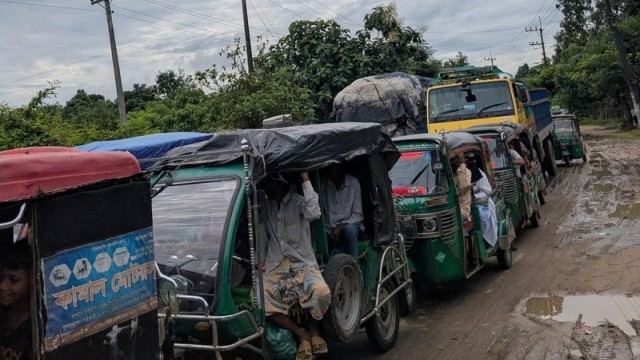
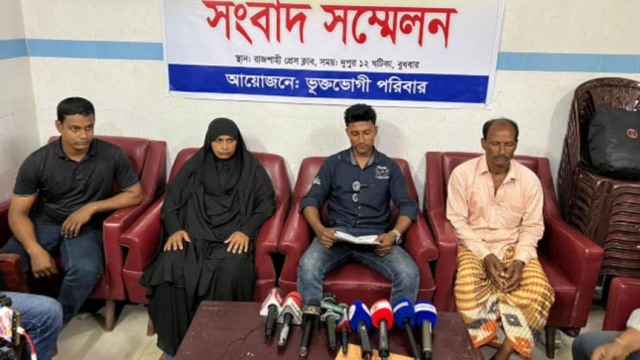





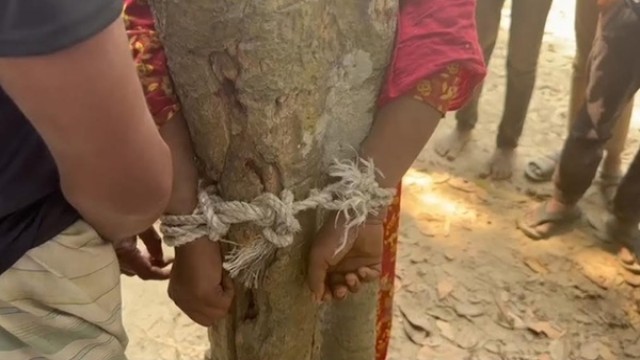


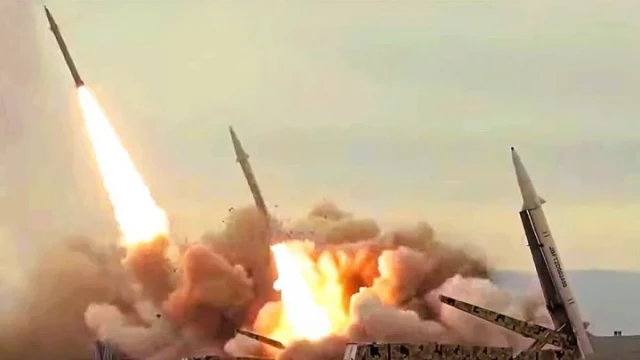
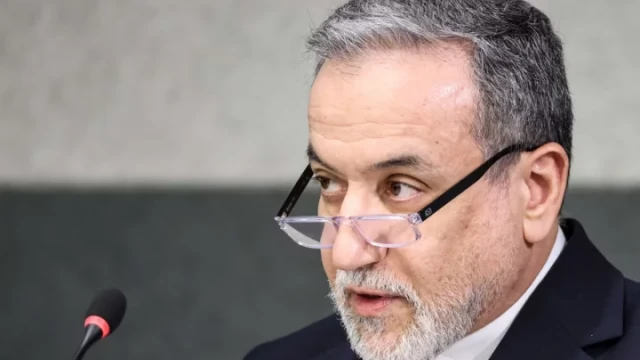

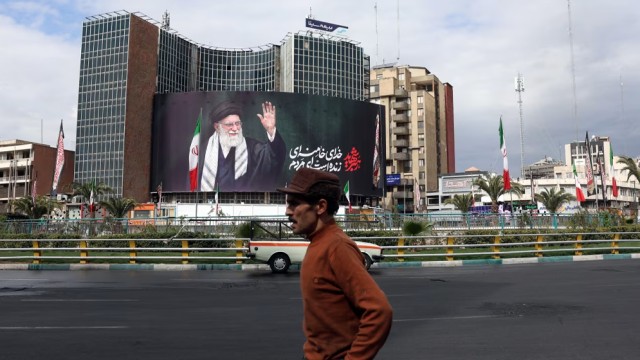












Comment: